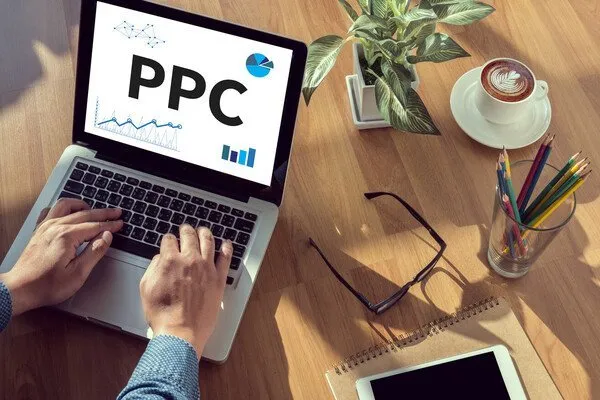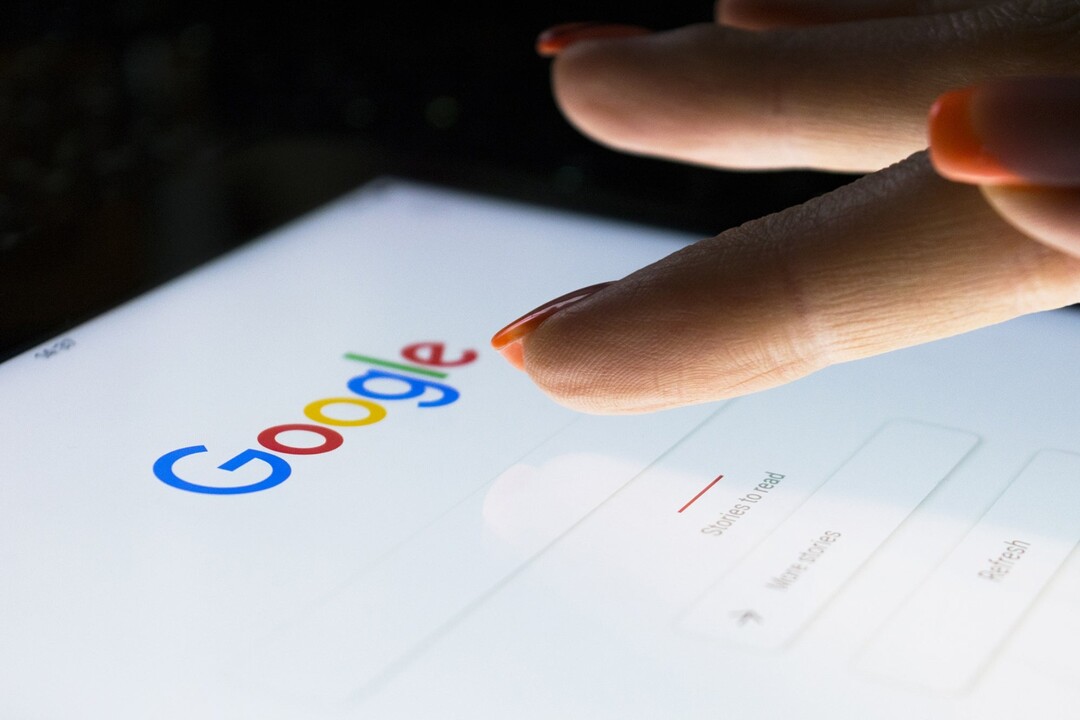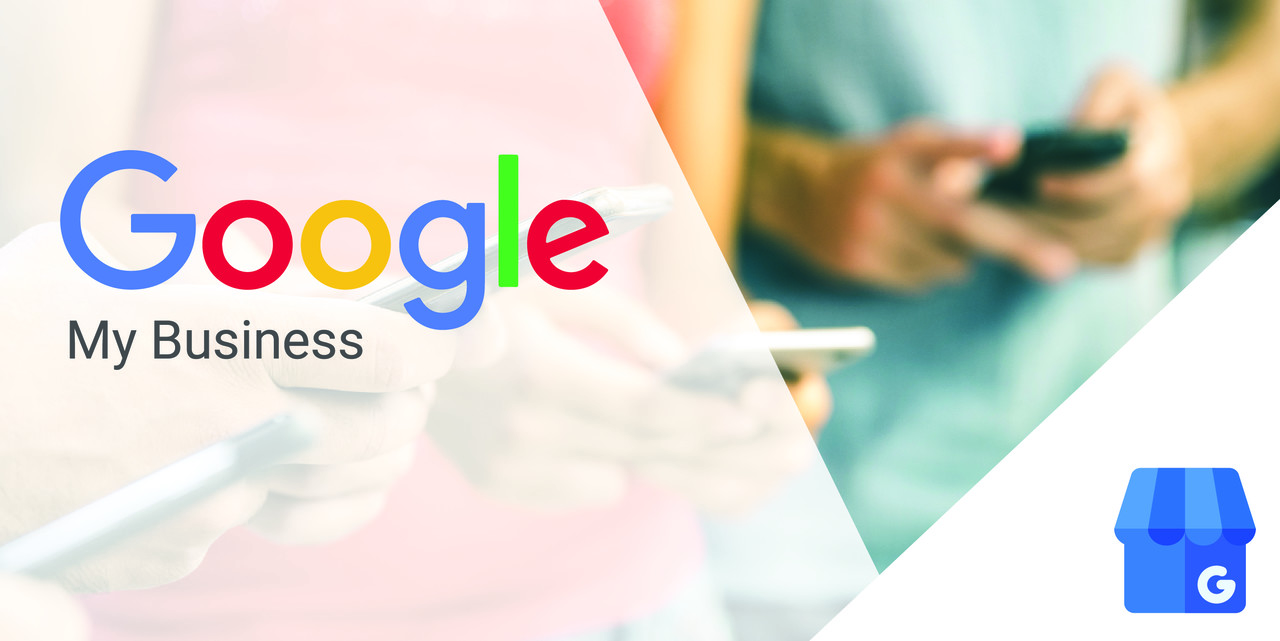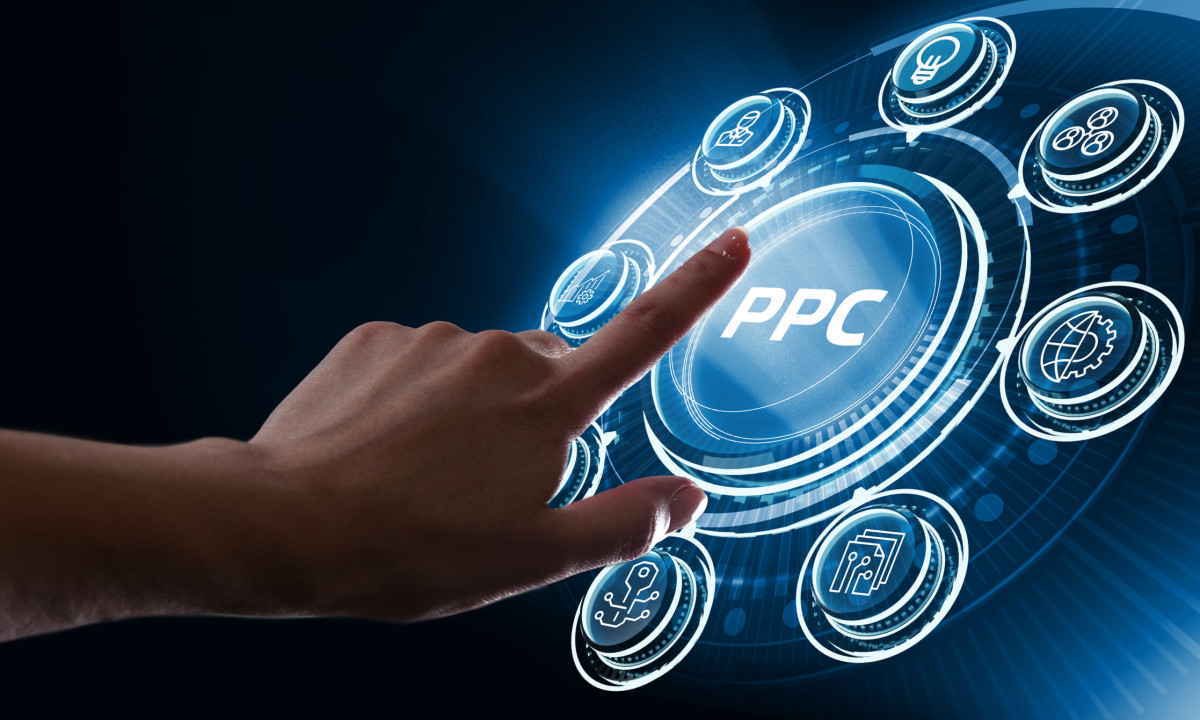
Artificial Intelligence (AI) is transforming search engine optimization, changing how Miami businesses rank on Google and other platforms. AI-powered tools now analyze data faster, automate keyword research, and even generate content, allowing businesses to improve their online visibility more efficiently. As search engines like Google integrate AI into their algorithms, businesses must adapt their SEO strategies to maintain high rankings and ensure their content remains relevant in an ever-changing digital landscape.
The Role of AI in SEO
AI assists in several ways, including automating content creation, improving keyword optimization, and enhancing user experience through predictive analytics. With Google’s AI-driven search results evolving, businesses must focus on producing high-quality, authoritative content that aligns with search intent. AI-powered search engines prioritize content that directly answers users’ questions, meaning keyword stuffing and traditional SEO tactics are no longer enough. Instead, businesses should focus on topic clusters, semantic search optimization, and structured data to improve visibility.
AI also plays a critical role in analyzing user behavior. Machine learning algorithms track engagement metrics such as bounce rates, time on page, and click-through rates to determine how well content satisfies search queries. Websites that deliver personalized and relevant content are more likely to rank higher, making AI-driven content optimization an essential strategy for Miami businesses looking to stay ahead in search rankings.
Optimizing for AI-Powered Search Engines
Miami businesses should embrace AI-friendly strategies such as natural language processing, user intent-driven content, and semantic keyword optimization to ensure they stay ahead of competitors in search rankings. Writing for AI-powered search means focusing on conversational queries, as voice search and AI-generated answers become more common. AI-powered search engines favor content that is well-structured and provides immediate value to users.
One of the key changes in AI-driven search is the growing importance of featured snippets and zero-click searches. AI tools are designed to pull concise and accurate information from websites, displaying it directly in search results. Businesses that optimize their content to answer common questions concisely have a higher chance of being featured in these prominent positions. Structuring content with clear headings, bullet points, and FAQ sections can increase the likelihood of appearing in featured snippets, improving brand visibility and credibility.
The Impact of AI on Local SEO in Miami
For Miami-based businesses, AI-driven local SEO strategies are more important than ever. AI is being used to enhance local search results by analyzing location-based intent, user reviews, and social media interactions. Businesses must optimize their Google My Business (GMB) listings, encourage customer reviews, and provide accurate local information to rank higher in local searches.
Voice search is another AI-powered technology affecting local SEO. With more users using voice assistants like Siri and Google Assistant to find businesses nearby, optimizing for long-tail keywords and conversational queries can increase search visibility. AI-driven tools can help businesses track and analyze how voice search is affecting their rankings, allowing for better content strategy adjustments.
How Miami Businesses Can Adapt
To leverage AI in SEO, businesses should use AI-powered tools like Google’s RankBrain, Surfer SEO, and Clearscope to analyze search intent and optimize content accordingly. AI-driven chatbots can also improve user engagement on websites, enhancing dwell time and reducing bounce rates. Businesses must also stay updated with Google’s AI-powered algorithms, such as BERT and MUM, to understand how search rankings are determined and what factors influence their visibility.
By focusing on E-E-A-T (Experience, Expertise, Authoritativeness, and Trustworthiness), businesses can ensure their content remains valuable in the AI-dominated SEO landscape. This involves showcasing real-world expertise, earning backlinks from reputable sources, and maintaining transparency with users.
Conclusion:
AI is revolutionizing SEO, and Miami businesses must adapt by leveraging AI-powered tools and refining their content strategies to stay visible in an increasingly competitive digital landscape. From improving local SEO to optimizing for AI-driven search engines, businesses that embrace AI will gain a significant advantage in search rankings. As AI technology continues to evolve, staying ahead of these changes will be critical for long-term success in digital marketing.






Recent Comments